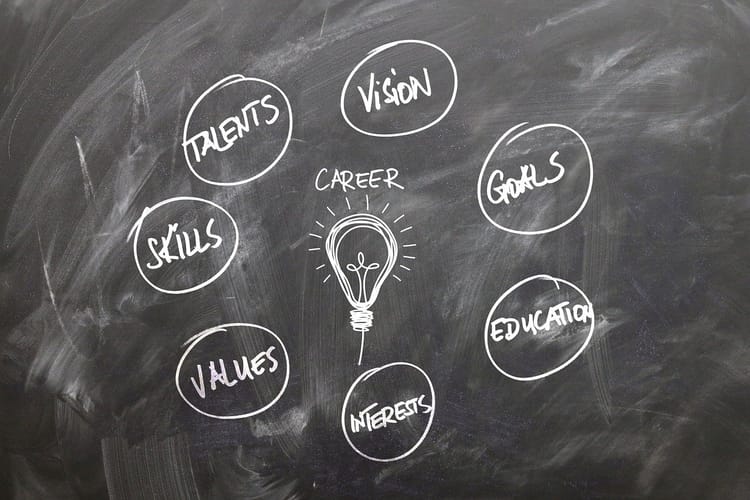Attention! You may not survive this article...

...without losing focus!
Apologies for the click-bait title, but it was important to grab your attention since that is exactly what I am going to talk about here.
In this post, I am going to show you how screwed up your attention span is!
Let's take a quick test!
Ready?
Alright, then!
Try to read the next excerpt without looking away from your screen.
*By the way, did you look at those cute cats on top right in the header of this post *
Ever find yourself jumping from task to task or thought to thought? Attention span refers to the amount of time we can focus on a task before we start to "zone out". Although a distracting background or a really boring lecture/meeting can definitely make anyone's attention span run thin, for some people focusing on even the simplest of tasks for a few moments can be torture. The average attention span for the notoriously ill-focused goldfish is nine seconds, but according to a new study from Microsoft Corp., people now generally lose concentration after eight seconds, highlighting the affects of an increasingly digitized lifestyle on the brain. Researchers in Canada surveyed 2,000 participants and studied the brain activity of 112 others using electroencephalograms (EEGs). Microsoft found that since the year 2000 (or about when the mobile revolution began) the average attention span dropped from 12 seconds to eight seconds. The survey also confirmed generational differences for mobile use; for example, 77% of people aged 18 to 24 responded "yes" when asked, “When nothing is occupying my attention, the first thing I do is reach for my phone,” compared with only 10% of those over the age of 65.
How did you do on the comprehension?
If you read through the entire paragraph without losing focus - CONGRATULATIONS! You have a great focus!
If you were able to go through more than 60% of the article without losing focus - Good enough! You are still better than a majority of the population.
If you, like me, had to try really hard to not lose focus, it is time for us to lose our phones and other devices and work on learning focusing techniques and meditation.
Content Fragmentation to keep attention
As you already read the facts stated in the excerpt (if you finished reading it) - our attention spans have phenomenally reduced in the past couple of decades; all thanks to mobile devices and computers.
In case you noticed, I have divided this post into fragments not exceeding a few words per paragraph.
Marketers, content specialists and influencers are using this technique excessively to keep the attention of their readers on the content and make a point before the readers drift away from the post.
This post was inspired by one such article.
Digital Marketer Neil Patel uses this technique in all of his posts and without a doubt, even the longest of articles on his blog can be read within a few minutes of quick skimming.
Increase in Reading Speed
So far, you would have read through (or skimmed) this post pretty swiftly except the paragraph on the attention test.
To state a quick fact - The word count of this post is 707 words.
However, the reading time for this post (considering that you are an average reader) is around 3-4 minutes which is quicker than what it would normally take you to read that many words.
Marketers and their tools to content marketing
Our short attention spans and how to get and keep our attention has always been every marketers focus.
With mobiles, computers, internet, virtual reality and augmented reality entering our daily lives, our attention span has shortened for the worse.
As such, for content optimization, there are tools (such as Readable) and tests (Flesch Reading Ease Test) that are helping marketers improve their content quality scores to keep our attention.
Time to unplug
For some people, reading an entire book has become a task due to the decrease in attention spans. I am one of the many facing this challenge.
I believe, it is high time that we inculcate meditation and focusing techniques into our daily lives (if not already there) and teach our younger generations on how to deal with short attention spans.
It is a time to Undigitize!





